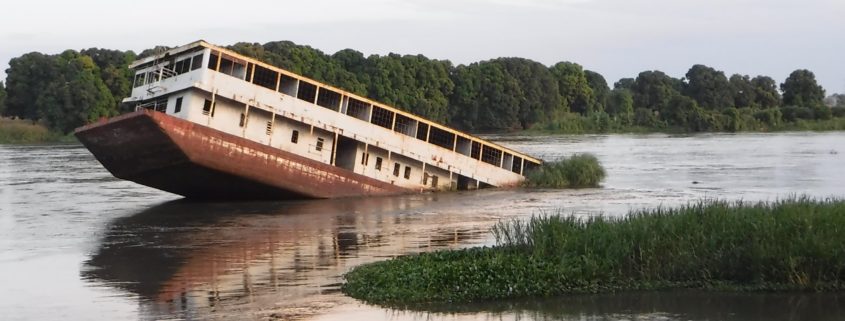“There are no clear boundaries or lines of rupture between war and peace. They form a continuum, in a temporal as well as spatial or social perspective.”
The statement above is one of the key findings presented in Juba by a group of researchers from Switzerland, South Sudan and Côte d’Ivoire earlier this month at an event hosted by the CSRF and the UK’s foreign aid department, DFID.
According to the researchers, who studied civil war and state formation in South Sudan, Angola and Côte d’Ivoire, the implication is that wars do not always start with declarations or end with agreements. In places with prolonged warfare, there isn’t always a tangible difference between war and peace in terms of levels of conflict, or as experienced in the lives of civilians.
This is partly because long-term wars entrench systems and structures that benefit from, and often contribute to, violence and conflict. Economies and political systems adapt to the logic of war and violence, and can perpetuate it, even when formal peace agreements are signed.
This matters deeply to aid workers, who are responsible for helping to mitigate the effects of war on civilians. Recognising that war and peace exist along the same continuum helps us to make sense of the fact that violence and displacements continue in South Sudan despite the agreement signed in 2018, and that the country is facing the worst food insecurity since the outbreak of violence in 2013.
However, recognising that economies and political systems can perpetuate war also presents an opportunity – perhaps a responsibility – to the aid sector. Donors and aid organisations must do what they can to avoid feeding and reinforcing systems and structures that drive conflict, and look for ways to drive alternatives forward. This means understanding the context we’re operating in, and how aid interacts with it. It means recognising and accounting for uncomfortable political dynamics. Through research, analysis, tailored support and trainings, the CSRF is already helping aid agencies grapple with and navigate these challenges.
The question is not so much whether there is war or peace, but to know that for much of the past 60 years, South Sudan has been at war and peace. Agreements for peace can help, but the slow systemic change in economies and the exercise of power is more important – and it is here that thoughtful and conflict-sensitive assistance can help to make a difference.
The Civil War and State Formation research project is funded by the Swiss Network for International Studies and led by researchers from the University of Geneva, swisspeace, University of Bouake in Côte D’Ivoire, University of Juba in South Sudan, and Universidade Católica de Angola. For more on this research project, please visit: https://snis.ch/project/civil-war-and-state-formation/



